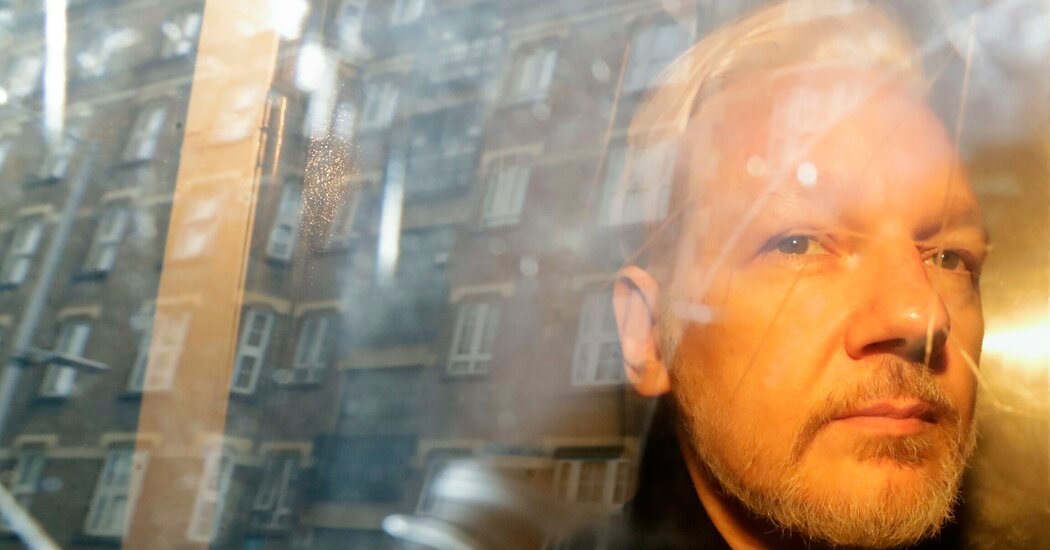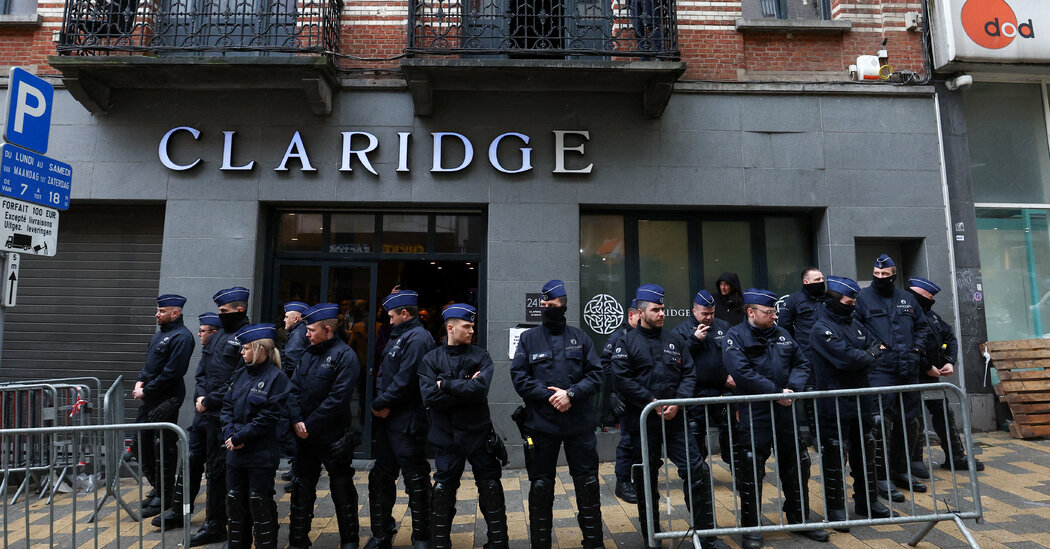
[ad_1]

Baha’i cemeteries have been desecrated or destroyed in several cities and towns. Photo: X/@hrw
The Human Rights Watch (HRW) said on April 1 that the Iranian authorities’ persecution of the Bahai minority since the Islamic revolution of 1979 constitutes a crime against humanity.
The New York-based group said that the Bahai, Iran’s largest non-Muslim minority, faced repression including arbitrary arrest, property confiscation, restrictions on school and job opportunities, and even the right to a dignified burial.

“The cumulative impact of authorities’ decades-long systematic repression is an intentional and severe deprivation of Bahai’s fundamental rights and amounts to the crime against humanity of persecution,” the HRW said.
Intentional deprivation
It argued that this fell within the scope of the International Criminal Court whose statute defines persecution as the intentional and severe deprivation of fundamental rights contrary to international law on national, religious or ethnic grounds.
The HRW said that while the intensity of violations against Bahai “has varied over time”, the persecution of the community has remained constant, “impacting virtually every aspect of Bahai’s private and public lives”.
‘Extreme animus’
It said the Islamic republic holds “extreme animus against adherents of the Bahai faith” and repression of the minority was enshrined in Iranian law and is official government policy.
“Iranian authorities deprive Bahai of their fundamental rights in every aspect of their lives, not due to their actions, but simply for belonging to a faith group,” said Michael Page, deputy Middle East director at the HRW.
[ad_2]
Source link





